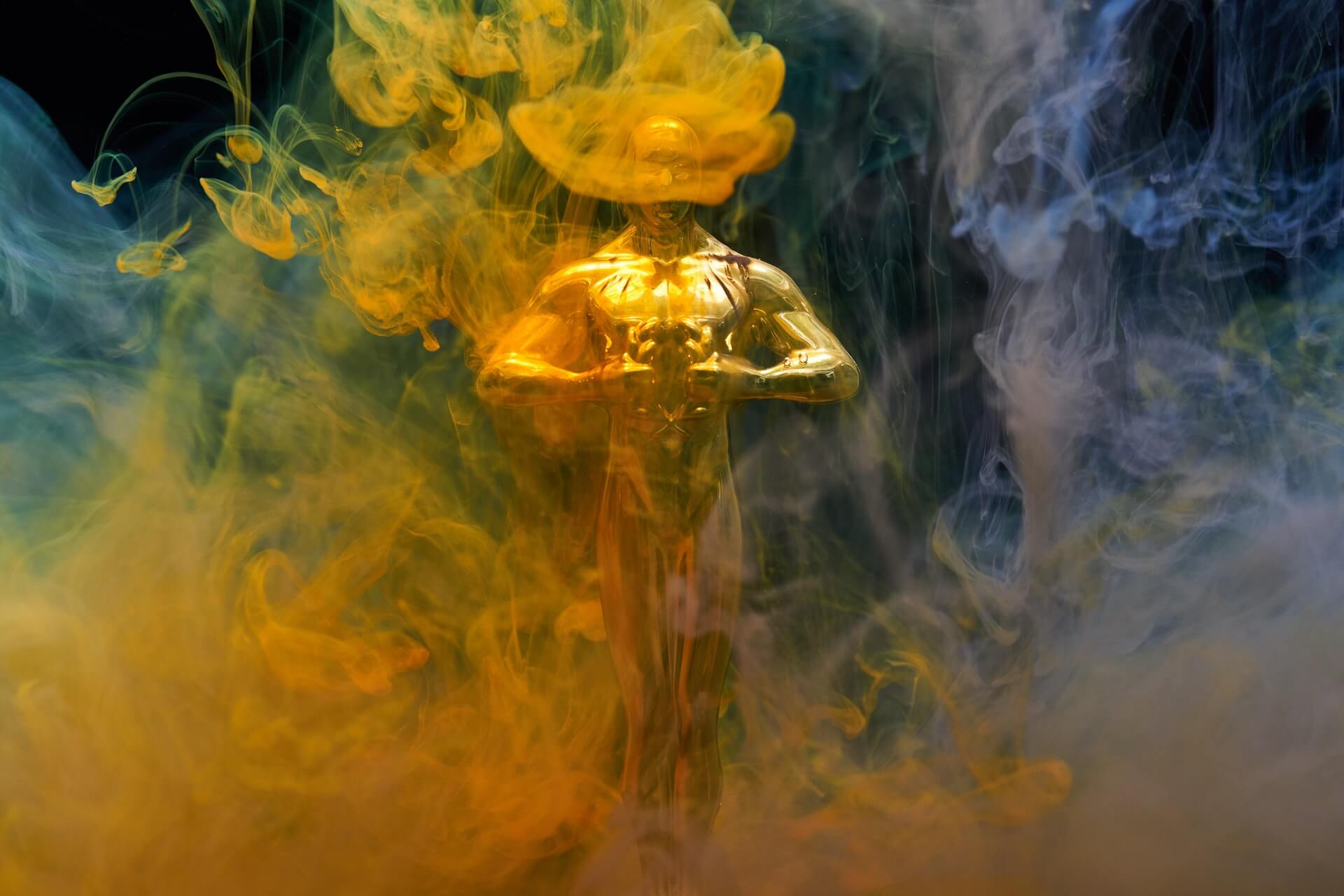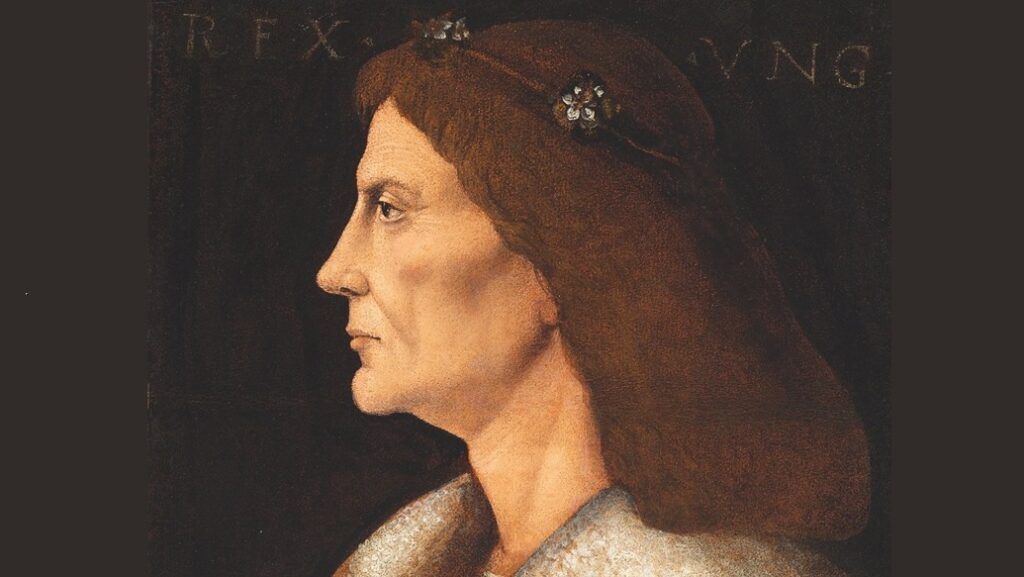The Oscar (Academy Award) is the most prestigious of film prizes. Hungarian films have been participating in the American Academy Awards since 1965, but until now, only four Hungarian films have been awarded the highest accolade, even though we have had many nominations over the years. But which four films are those?
Let us start with the latest Magyar winner of the Oscar statuette!
Hungarian Academy Award-Winning Films
Sing (Mindenki, 2016): Kristóf Deák, Anna Udvardy
Our last Oscar is from 2016—Kristóf Deák and Anna Udvardy’s Sing was awarded the Oscar for Best Live Action Short Film.
In the following video, you can see the creators receiving the award:
The story takes place in Budapest in 1991, when 10-year-old Zsófi moves to a new elementary school and becomes a member of the school choir, where she befriends the most popular choir member, Liza. Together they make a plan against Ms Erika, the choir director, who wants to make sure, with non-traditional methods, that only those with a clear voice are heard at the upcoming high-stakes singing competition.
You can watch the full short film on YouTube:
Son of Saul (Saul fia, 2015): László Nemes
The last Hungarian feature-length film that won an Oscar was Son of Saul, directed by László Nemes. The film won the award for Best Foreign Language Film.
In the following video, you can see the director receiving the award:
Set in the Auschwitz concentration camp during World War II, the film follows the Sonderkommandos’ (work teams) rebellion, whose imaginary leader is Saul, a Hungarian member of the Sonderkommando of one of the crematoriums. The Nazis force the Jewish workers to burn the corpses of victims and scatter their ashes—knowing that the same fate could befall them someday. Saul recognizes one of the dead boys as his own son, and wants to save him from cremation at all cost in order to give him a traditional Jewish burial.
You can watch the full film on YouTube:
Mephisto (1982): István Szabó
In 1982, István Szabó’s Mephisto was the first Hungarian feature film to win the Academy Award for Best Foreign Language Film.
In the following video, you can see the creators receiving the award. They could not hide their delight:
The protagonist of the story is Hendrik Höfgen, a talented actor of the Hamburg Artists’ Theatre, who gets the opportunity in Berlin to play his dream role, Mephisto. As his career advances, he only realises when it is probably too late that he became irrevocably involved in Nazi politics.
The Fly (A légy, 1981): Ferenc Rófusz
The very first Hungarian film to win an Oscar was the 1981 animated short film The Fly, directed by Ferenc Rófusz.
You can watch the full short film on YouTube:
In the short plot of the film, we can follow the journey and escape of a fly who finds itself in a house.
Hungarian Academy Award Winners
Although only four Hungarian films have won an Oscar so far, there are quite a few artists of Hungarian origin in the film industry whose work has been recognised with Academy Awards. The list below is quite impressive:
- William S. Darling (Sándorházi Vilmos Béla): Cavalcade (Kavalkád, 1934), The Song of Bernadette (Bernadett dala, 1944), Anna and the King of Siam (Anna és a sziámi király, 1947), Best Art Direction
- Geza Herczeg (Herczegh Géza): The Life of Emile Zola (Zola élete, 1938), Best Adapted Screenplay, Best Writing, Screenplay
- Paul Groesse: Pride and Prejudice (Büszkeség és balítélet, 1941), The Yearling (Az őzgida, 1947), Little Women(Kisasszonyok, 1950), Best Art Direction
- Vincent Korda (Kellner Vince): The Thief of Bagdad (A bagdadi tolvaj, 1941), Best Art Direction
- John S. Toldy (Székely János): Arise, my Love (1941), Best Story
- Emeric Pressburger (Pressburger Imre): 49th Parallel (A 49. szélességi fok, 1943), Best Story
- Paul Lukas (Lukács Pál): Watch on the Rhine (Őrség a Rajnán, 1944), Best Actor. To this day, he is the only Hungarian actor who won an Oscar.
- Michael Curtiz (Kertész Mihály): Casablanca (1944), Best Director
- George Pal (Marczincsak György Pál): Destination Moon (Végállomás a Hold), 1944, Academy Honorary Award
- Miklós Rózsa: Spellbound (Elbűvölve, 1946), A Double Life (Kettős élet, 1948), Ben-Hur (1960), Best Original Score
- Adolph Zukor (Zukor Adolf): 1949, Academy Honorary Award
- Marcel Vertes (Vértes Marcell): Moulin Rouge (1953), Best Art Direction
- Alexandre Trauner (Trauner Sándor): The Apartment (Legénylakás, 1961), Best Art Direction
- George Cukor: My Fair Lady (1965), Best Director
- Joseph Kish: Ship of Fools (A bolondok hajója, 1966), Best Art Direction
- Ernest Laszlo (László Ernő): Ship of Fools (A bolondok hajója, 1966), Best Cinematography
- Zsigmond Vilmos: Close Encounters of the Third Kind (Harmadik típusú találkozások, 1978), Best Cinematography
- Zoltan Elek (Elek Zoltán): Mask (A Maszk, 1986), Best Makeup and Hairstyling
- Zsuzsa Böszörményi: Egyszer volt, hol nem volt… (1991), Student Academy Award
- Attila Szalay: 1995, Scientific and Technical Award for the design of the SpaceCam gyroscopically stabilized Camera System
- Márk Jászberényi, Tamás Perlaki, Gyula Priskin: 2010, Scientific and Technical Award for development of Autodesk Lustre Color Grading Software
- Tibor Madjar, Csaba Kőhegyi, Imre Major: 2013, Technical Achievement Award for the implementation of the Mudbox software
- Zsuzsanna Sipos: Dune (Dűne, 2022), Best Production Design
When Will the Next Winners be Announced?
The Academy Award ceremony is held at the end of February each year, since 2002 traditionally at the Dolby Theatre.
Click here to read the original article








